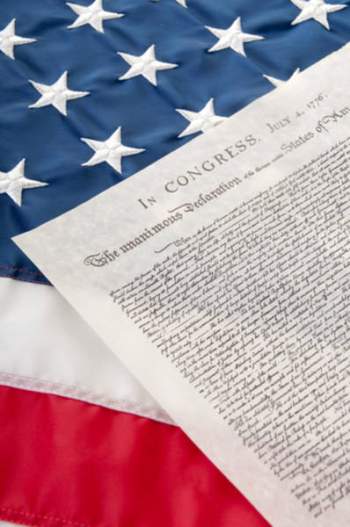
Protecting Constitutional Rights During Trials

The Constitution of the United States of America applies a number of constitutional rights and protections to individuals who are facing a trial. Although certain aspects of the Constitution can be applied to both civil and criminal proceedings, the most important protections granted by the Constitution are the constitutional liberties that come into effect in a criminal trial. The most relevant portions of the Constitution that apply in a trial are the Fourth, Fifth, Sixth, Eighth, and Fourteenth Amendments to the Constitution. The first four of these constitutional amendments form the core of the rights of the accused. The Fourth Amendment is famous for its protections against unreasonable searches and seizures, but the amendment goes on to add the constitutional requirement that search and arrest warrants be judicially sanctioned, and supported by probable cause. The Fifth Amendment provides constitutional protection against self-incrimination, as well as providing the right to a trial by a jury of one’s peers, the right to a grand jury hearing, and guarantees due process. The Fifth Amendment applies in civil courts because it requires the government to provide just compensation when it invokes eminent domain. The Sixth Amendment provides the constitutional right to a speedy, public trial before an impartial jury. It also allows for self-representation, but provides the right to an attorney if desired. It also ensures the right to confront an accuser, and to receive notice of the charges filed against the accused. The Eighth Amendment protects against cruel and unusual punishments, excessive fines, or excessive bail. Originally, these amendments only applied to the Federal government. The Fourteenth Amendment applied these same constitutional protections against federal actions to protect against the actions of individual states.


















